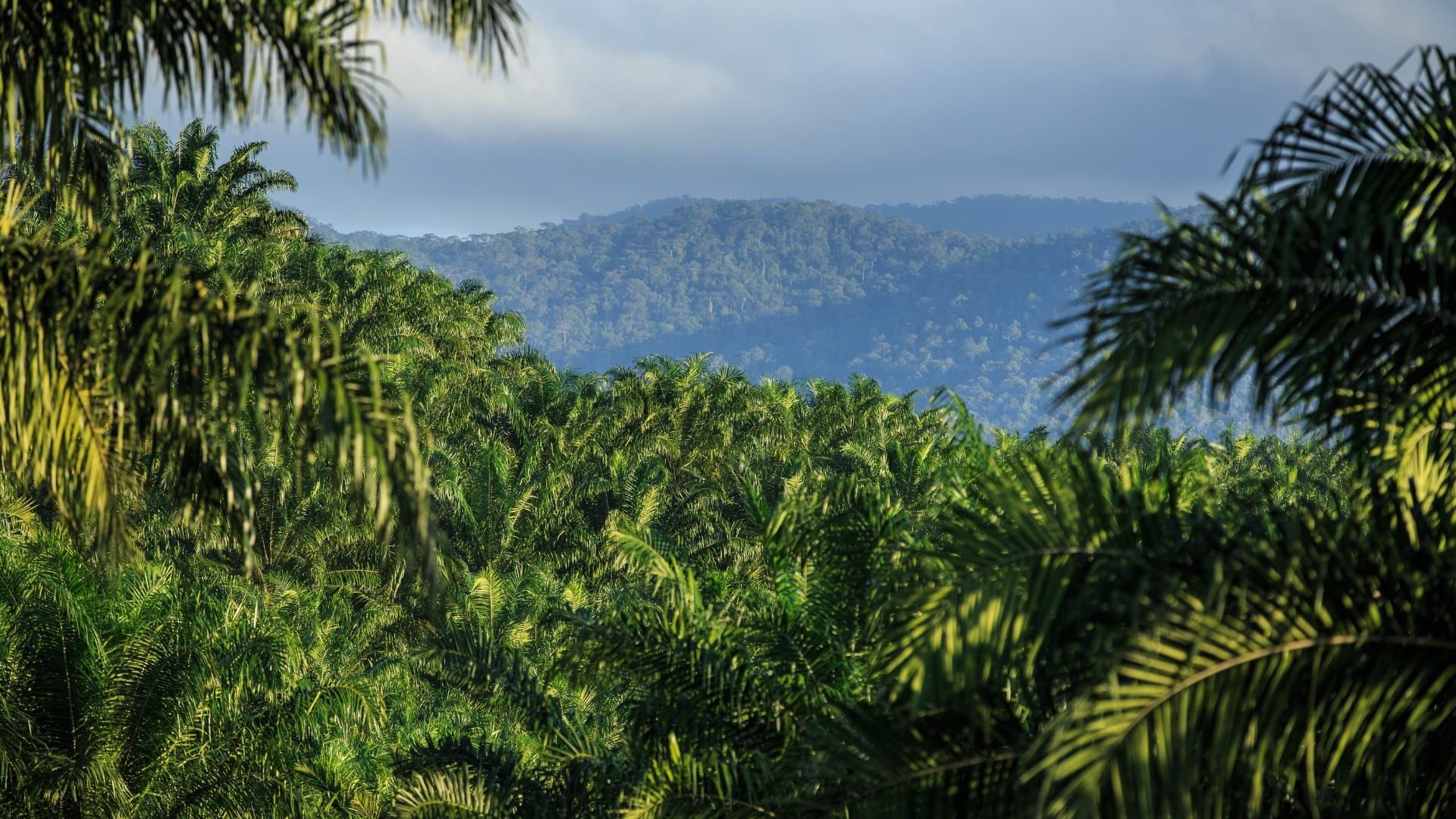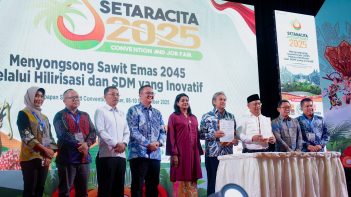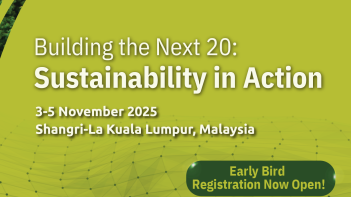Former banker shifts to oil palm cultivation
It’s not often that you hear of someone stepping away from a full-time job as a bank manager to become a farmer, and trading calculators for work boots. For 46-year-old Pornsiri Raknukul, however, her only regret is not “making the switch” sooner. Pornsiri is one of 210,000 oil palm smallholder farmers in Thailand. While she once relied on subcontractors to manage the five oil palm plots she inherited, Pornsiri now takes care of these herself—sustainably—and relies on the oil palm as the family’s primary source of income.
“My life has totally changed, from zero background knowledge of growing oil palm, letting subcontractors manage the oil palm plots, and barely visiting them, except a couple of times a month,” she said. It’s a great contrast for this mother of two, who now handles everything from land preparation, transplanting seedlings, and fertilising, to harvesting and selling the fresh fruit bunches. Pornsiri explained that she has gained a great deal of knowledge and insights on sustainable farming practices from participation in a smallholder farmer group, and through RSPO certification.
Sustainable practices have positive effects
Like many smallholder farmers, Pornsiri has experienced the positive effects of cultivating palm oil using sustainable practices. She said that her yield has increased significantly, by more than 150 per cent, and she is also using less herbicides and managing fertiliser use more efficiently. In addition, being part of a smallholder farmer group has helped her get fertilisers at a lower price.
Pornsiri revealed that one of the most important changes is that she now also keeps records of all farming activities, which helps her understand production costs and forward planning. She admitted, however, that making the necessary adjustments to be able to grow palm oil more sustainably took both time and effort. With the support of the smallholder farmer group, she managed to overcome the difficulties and achieve her sustainability goals.
Looking to the future, Pornsiri firmly believes that everyone will eventually comply with sustainability standards, which, among other criteria, prohibit burning as a way to clear land for agriculture in Southeast Asia. As for her own sustainability journey, Pornsiri said she has “come too far” to revert to her previous inefficient methods. She has also set the standard for generations to come by sharing her knowledge of good agricultural practices with her son and relatives.
Keep reading
RSPO accepted in the Netherlands as a private control system for EUDR

RSPO x JaSPON Conference and Member Engagement Forum 2025 Spotlights Japan’s Sustainability Success and Market Growth
Call for Expression of Interest: Independent Investigation of a Complaint
Call for Expression of Interest: Mexico National Interpretation Task Force for 2024 RSPO Principles and Criteria (RSPO P&C) and Independent Smallholder (ISH) Standard

RSPO–APKASINDO Partnership to Boost Inclusive Growth, Certification, and Market Access for Oil Palm Smallholders

Open Letter to COP30 President: Integrating Forests and Biodiversity: A Policy Central to Paris Agreement Success

Bridging the Auditing Divide: Key Takeaways from the RSPO Assurance Forum 11

Extension of RSPO Excellence Awards 2025 Submission Deadline!





